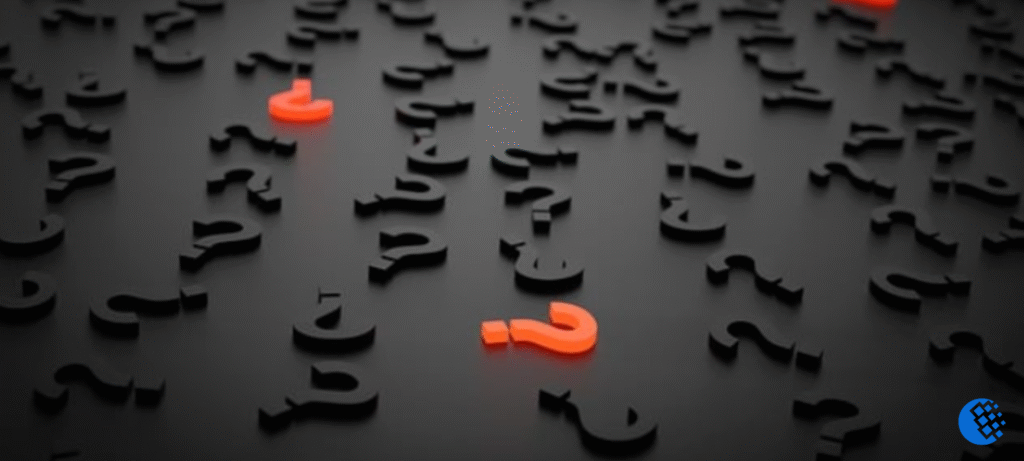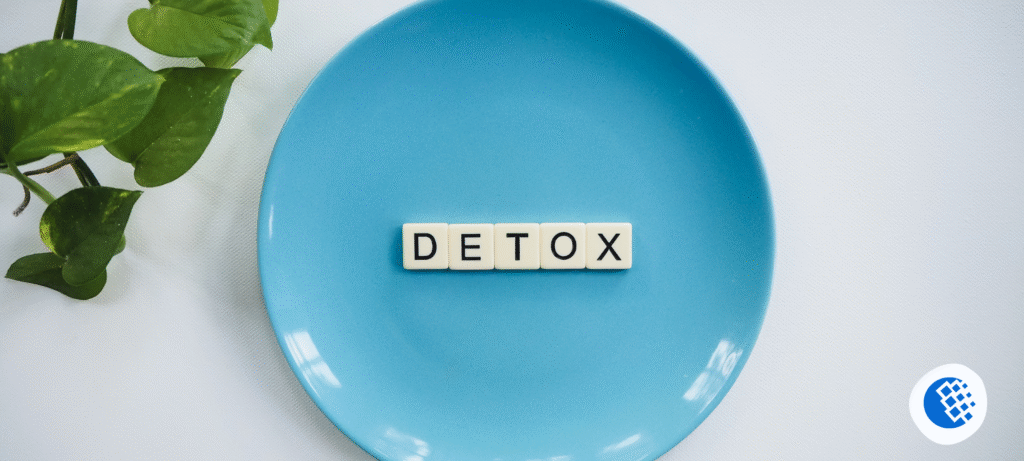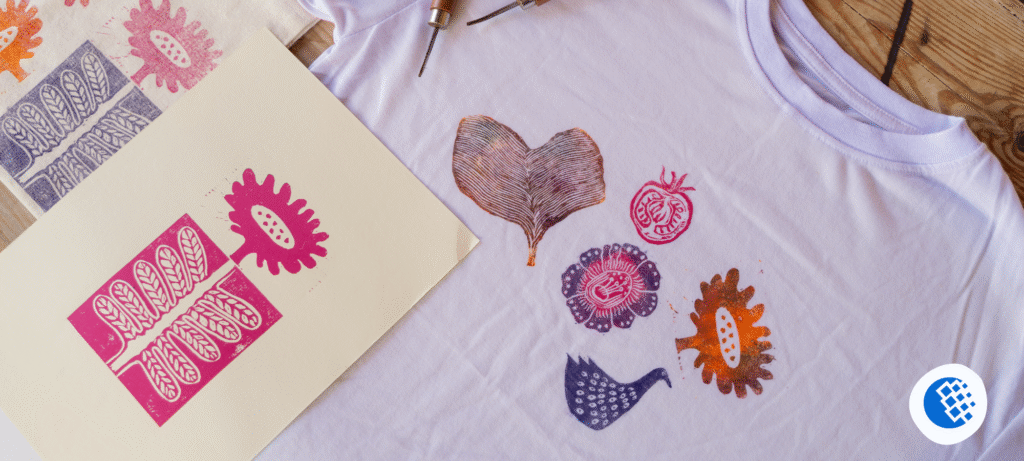You know that bone-deep tiredness that doesn’t fade after a good night’s sleep? The kind where even deciding what to have for dinner feels like a Herculean task? If it’s a familiar feeling, then you may be interested to know that it’s not simple fatigue: it’s decision overload.
Every ping, choice, and micro-judgment in a day or over a longer period chips away at our mental clarity. And when a brain has been in “on” mode too long, even simple decisions begin to feel like a big effort. Sometimes the most productive thing you can do is stop managing and start recuperating. Whether that is turning off notifications, dimming the lights, or giving your body a cue that the day is done, sometimes you just have to stop.
The hidden cost of constant micro-decisions
We have a certain amount of mental bandwidth that is meant to help us navigate life, and our brains are designed to make choices; we just aren’t equipped to make hundreds before lunchtime. Each small decision draws from the same cognitive stock that manages focus, emotional control, and patience. By the end of the day, that stock is exhausted: and so are we.
This is often why we snap at partners over truly trivial things, or scroll endlessly instead of getting the sleep we need. The mind isn’t lazy; it’s depleted. The circuitry that filters and prioritizes information simply needs fewer inputs. It needs to be able to let go.
Simplicity is a form of mental self-care
The present day tries to make us deal with overwhelm by adding structure: a new app will help us plan, or manage our sleeping hours. But more often, recovery should mean subtracting. Reducing friction, not finding new ways to deal with it. It’s often more helpful to pre-plan meals, wear the same outfit again, batch errands together and, if possible, keep the first hour of every day free from choices. The more predictable everything becomes, the more energy and focus you have for decisions that are genuinely meaningful.
At the end of day, don’t sweat the bedtime routine; a cup of camomile tea or a gummy from CBDistillery can iron out the wrinkles that are still nagging at you. Drifting off is a better way to close out the day than kicking into another planned process.
When calm becomes clarity
Genuine clarity doesn’t come from working harder and crushing those mini-decisions. It comes from giving the brain consistent signals that it’s OK to slow down. It can take the shape of mindfulness, movement, or simply a nightly signal to your body that says “you can stop now; it’s fine”. Any number of grindset influencers will try to tell you that you should keep a pad next to the bed in case you dream a million-dollar idea – but the most intelligent decision to make right here is to shut out the grind; if it’s a good idea it will still be there tomorrow.
In a world that worships productivity and “busyness”, the most radical act might be to not always be on. Not another app, or another system to regulate every thought you have. Just take the chance to let your nervous system breathe, relax, and save the bandwidth for working hours.





